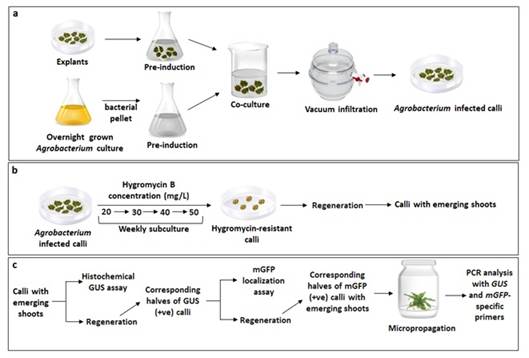Fungus-Resistant Pineapple

- 24 Jul 2025
In News:
- Pineapple (Ananas comosus L. Merr.), the most economically significant fruit of the Bromeliaceae family, plays a crucial role in nutrition and agriculture across tropical regions.
- In India, pineapple cultivation contributes significantly to rural livelihoods, particularly in northeastern and southern states. However, the productivity of this high-value fruit is severely impacted by Fusariosis, a destructive fungal disease caused by Fusarium moniliforme.
- A recent breakthrough by Indian scientists promises a potential game-changer in combating this challenge using indigenous genetic innovation.
Fusariosis
- Fusariosis is a devastating fungal infection that warps the stem, blackens the leaves, and rots the fruit internally, leading to heavy crop losses.
- Traditional breeding methods have struggled to provide effective resistance due to the rapid evolution of fungal pathogens. For farmers, this translates into unreliable harvests and financial instability.
The Biotechnological Solution: AcSERK3 Gene Overexpression
Researchers from the Bose Institute, an autonomous body under the Department of Science and Technology (DST), have successfully identified and overexpressed a gene in pineapple that significantly enhances resistance to Fusariosis.
- The gene, AcSERK3 (Somatic Embryogenesis Receptor Kinase 3), is part of the pineapple’s natural genome.
- It is known to regulate somatic embryogenesis and strengthen plant responses to biotic and abiotic stress.
- By genetically overexpressing this gene in pineapple plants, the researchers were able to trigger enhanced internal defence mechanisms.
- The transgenic lines exhibited increased production of stress-associated metabolites and antioxidant enzyme activity, enabling them to survive fungal attacks that severely damaged wild-type plants.
This is the first documented instance of overexpression of an indigenous pineapple gene to impart fungal disease tolerance while simultaneously improving regenerative capacity.
Significance of the Research
- The study, published in In Vitro Cellular & Developmental Biology – Plants, lays the foundation for developing multi-fungal tolerant pineapple varieties.
- These genetically enhanced lines are not dependent on foreign genes, thereby addressing biosafety concerns.
- Field trials, if successful, could lead to the commercial deployment of these varieties using conventional propagation methods like slips and suckers.
- This offers a sustainable, farmer-friendly solution, especially for smallholder pineapple growers in India.
Pineapple Cultivation in India: Key Facts
- Climatic Conditions: Grows well in 15–30°C temperature range and 600–2500 mm annual rainfall (optimum: 1000–1500 mm).
- Soil: Requires well-drained soils; intolerant to waterlogging.
- Tolerant to Drought: Possesses water-storing tissues making it suitable for rainfed cultivation.
- Cultivation Pattern: Can be grown as a monocrop or intercropped with coconut.
- Major Producing States: Assam, Meghalaya, Tripura, Manipur, West Bengal, Kerala, Karnataka, and Goa.
- Global Producers: Thailand, Philippines, Brazil, China, Nigeria, Mexico, Indonesia, Colombia, and the USA.
